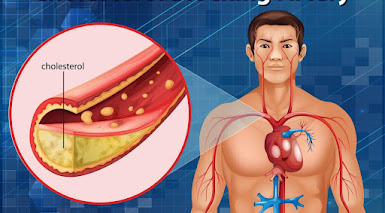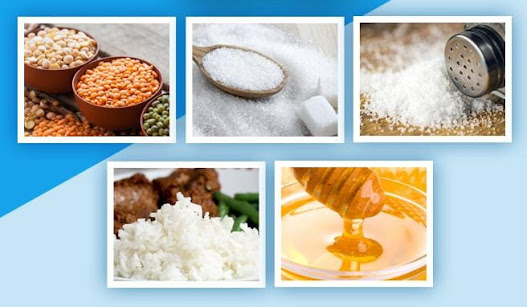Top 4 Vegetable Juices to Help Lower LDL Cholesterol"

Here are four vegetable juices that may help lower LDL ("bad") cholesterol: Carrot Juice : Carrots are high in soluble fiber and antioxidants, which can help reduce cholesterol levels and promote heart health. Spinach Juice : Spinach is rich in lutein, fiber, and other compounds that can help prevent cholesterol buildup in the arteries. Blending spinach with other veggies makes a nutritious juice. Beet Juice : Beets are full of nitrates and antioxidants, which help lower cholesterol and support blood vessel health. Kale Juice : Kale is packed with fiber, antioxidants, and omega-3 fatty acids, all of which contribute to lowering LDL cholesterol. Kale juice combined with lemon or apple can be more palatable. These vegetable juices are heart-friendly and work well when included in a balanced diet.



.jpg)

